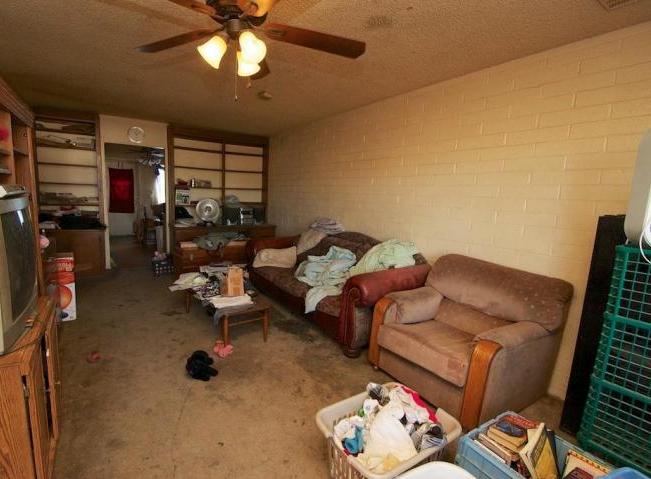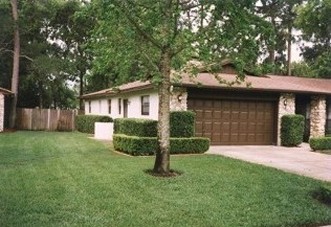Regular maintenance of your home is an important part of maintaining its value. With proper maintenance your home will not only provide a pleasant and safe living environment but will also help keep small fixes from turning into expensive problems.
Your home is likely the largest financial investment you’ll ever make. Protect that investment by regularly performing routine home maintenance. Regular maintenance helps prevent small issues from turning into major problems and helps maintain the value of your home. Don’t know where to begin? Follow these steps to realize the value of home maintenance.
Set aside a home maintenance fund
That old saying “it takes money to make money” holds true with your home’s value as well. According to the U.S. Census, annual home maintenance costs average more than $3,000 over time. To be prepared for larger expenses down the road, or even for those weekend to-do list projects, plan to set aside 1 percent to 3 percent of your home’s initial purchase price for ongoing upkeep and repairs.
Develop a plan of attack
Maybe it works best for you to start from the top and work your way down through the house. Or perhaps you’re a work-your-way-in type of person. Or possibly you want to focus on one room at a time. Develop a strategy of whatever works best for you to ensure regular home maintenance and then stick to it. For ideas of what you need to check, click here. If you’re still not sure what needs to be done, consider hiring a professional home inspect to point out potential issues.
Keep records
Keep a notebook of all your home maintenance and upgrades, along with receipts. This not only helps you remember what was replaced when for regular upkeep, but can also be a powerful tool when the time comes to sell your home.
Remember the bottom line
Likely, any increase in your home’s value as a result of your meticulous maintenance is going to be offset by the money you’re putting in to maintain it. This does not mean you shouldn’t bother. The value of regular home maintenance is really seen in other ways, including:
- A prolonged economic age of your home. The economic age of your home is the number of years that a house is expected to survive.
- Maintaining your home’s value in relation to comparable homes in your neighborhood.
- Possibly faster sales time when you put your home on the market.
- The ability to fetch a higher sales price than a similar home with maintenance issues.
To DIY or hire a professional?
This is a big question for some and often comes down to cost. Many sources are available to you if you’re a do-it-yourself aficionado. Check your manufacturer’s use and care booklets, review do-it-yourself publications and talk with knowledgeable friends or home improvement store personnel. If you don’t feel you have the ability, or the tools, to do the work, hire a professional. If you do choose to hire a professional, always ask for written estimates and never pay upfront for any services.
Related Articles
- Diagnose And Fix A Wet Basement
- Should You Buy A Tankless Water Heater?
- Home Maintenance Checklist
- How To Save On Homeowners Insurance
- Affordable Solar Options
- 8 Ways to Winterize Your Home
- How To Choose A Contractor
- Homeowners insurance: What you need to know
- Homeowners Insurance Guide
- Homeowners Insurance: 12 Ways To Save!
- How to Buy a HUD Home
- How to Sell Your Home In a Down Market
- Do You Qualify for an FHA Loan?
 Print
Print Email
Email









